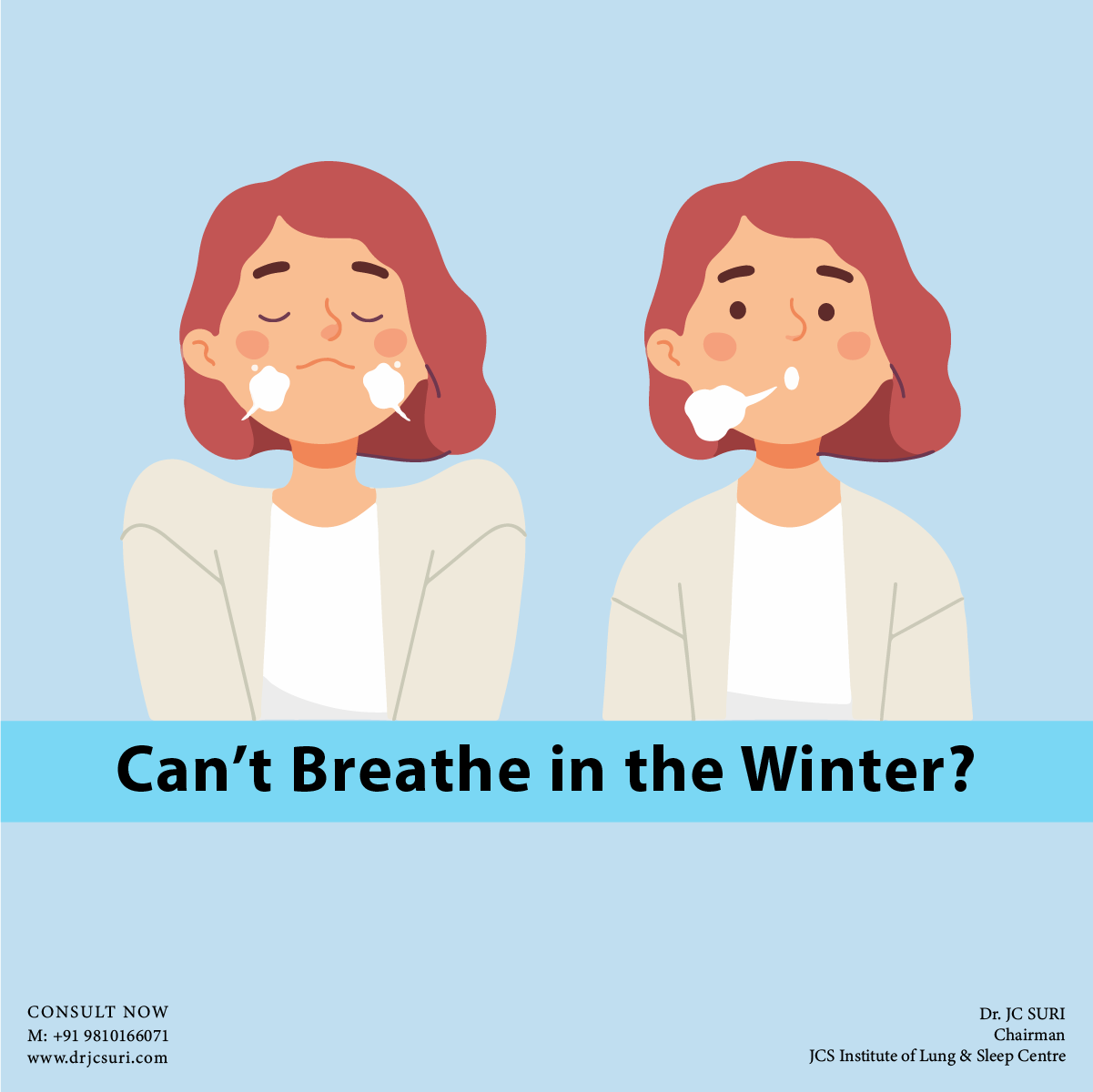6 Things You Must Know Before Visiting Your Pulmonologist
When it comes to respiratory issues, seeking the expertise of a pulmonologist is crucial for accurate diagnosis and effective treatment. Before your appointment, it's essential to prepare yourself adequately to ensure you get the most out of your consultation. Here are six key things you need to know before visiting your pulmonologist.

1. Transparent Communication
Be open and transparent about your medical history, including past conditions, allergies, and medications. Provide details of any previous tests or treatments you've undergone, such as X-rays, CT scans, or spirometry reports. Your pulmonologist needs this information to gain a comprehensive understanding of your health status and tailor the treatment accordingly.
It's important to remember that your past medical records won't speak for themselves; you must articulate your experiences and concerns to your pulmonologist accurately.
2. Consistent Medication Adherence
Even if you're feeling better, it's crucial to adhere to your prescribed medications diligently. Conditions like asthma and COPD often require long-term management, and discontinuing medications prematurely can have adverse effects on your health.
Follow your pulmonologist's instructions regarding medication dosage and schedule. Set reminders or enlist the help of a family member to ensure you stay on track with your treatment plan.
3. Honest Lifestyle Disclosure
Don't hesitate to disclose any unhealthy habits, such as smoking or excessive alcohol consumption, to your pulmonologist. They are there to help you, not to judge you. Your lifestyle choices can significantly impact your respiratory health and influence the course of your treatment.
By being honest about your habits, you enable your pulmonologist to make well-informed decisions regarding your care plan.
4. Importance of Exercise
Regular exercise plays a crucial role in managing respiratory conditions like COPD. Contrary to popular belief, staying physically active can improve symptoms, boost stamina, and enhance overall well-being.
Start with gentle exercises and gradually increase the intensity as your fitness improves. Consider participating in a pulmonary rehabilitation program to receive specialized guidance and support.
5. Weight Management Matters
Maintaining a healthy weight is essential for optimal respiratory function. Excess weight puts additional strain on the respiratory muscles and can exacerbate breathing difficulties.
Work towards achieving and maintaining a healthy weight through a balanced diet and regular exercise. Consult your pulmonologist for personalized advice on weight management strategies.
6. Prioritize Quality Sleep
Adequate sleep is vital for respiratory health and overall well-being. Aim for 7-8 hours of uninterrupted sleep each night to support optimal lung function and immune response.
Prioritize sleep hygiene practices, such as maintaining a consistent sleep schedule and creating a conducive sleep environment. Address any underlying sleep disorders with the guidance of your pulmonologist.
In Conclusion
Before your appointment with a pulmonologist, ensure you're well-prepared by considering the above tips. Open and honest communication is key to effective treatment, so don't withhold any information from your healthcare provider.
Remember to stay consistent with your medication, adopt a healthy lifestyle, prioritize regular exercise, maintain a healthy weight, and prioritize quality sleep. Your pulmonologist is your partner in respiratory health, so trust their expertise and follow their guidance for the best possible outcomes.





